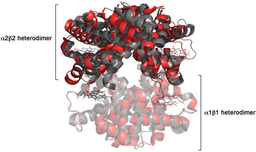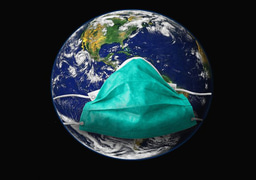Promoting scientific culture in the age of the Web

Popularization of scientific research is extremely important in an age where technology empowers us to unprecedented heights. We can expect marvels from our science and technology (think of medicine, transportation, information, etc.), but even marvels have their limits. Knowledge of these limits, i.e. knowledge of basic science, ensures that our expectations remains in the realm of what is possible. Since we live in democratic countries, and we vote on the basis of our expectations, the distinction between what is possible and what is impossible is not only a matter of culture, but a matter of survival of our democracies, which are constantly threatened by propaganda. May be I am biased in my views because Italy, the country I live in, is quite permeable to pseudoscience and political parties often adopt pseudoscientific views. Fake medical treatments and opposition to vaccines are rampant in Italy, as are magical recipes for our messy economic condition.
The web could be an excellent instrument for the diffusion and popularization of science, were it not for the fact that it is an even better instrument for the diffusion of pseudoscience. An example may suffice: my Google search for homeopathy yielded over 20 million hits, the majority of them to sites that actually promote this pseudo-medical practice.
Diffusing scientific knowledge and fighting pseudo-science is a necessary but hard battle. While I have no magic (should I say pseudo-scientific?) solutions, an important point, as always, is know thy enemy. Quacks and charlatans have several strong advantages over scientists, and the better we know these the better we can construct our arguments. First, and perhaps foremost, quacks live out of their quackery: they are professionals. Scientists' profession, by contrast, is not to argue with quacks: when we do so we act as amateurs, and we study their theories to confute them in our free time. Second, quacks and charlatans promise much more than we: they may promise to heal incurable diseases, or to produce engines that violate the first principle of thermodynamics. Third, quacks thrive on the specialization of scientific knowledge: modern physics is too complex to be fully appreciated by people who are not themselves physicists, and the same applies to all branches of science. Thus, the argument goes, homeopathy can be fully understood only by homeopaths, and witchery only by witches. Witches do not pretend to criticize physics, how can physicists pretend to criticize witchery?
In the long run, scientific literacy of the population has ever increased in the past and will probably continue to increase in the future. However the web was not available in the past, is heavily colonized by pseudoscience, and is actually a challenge to the growth of scientific literacy. A challenge that we cannot leave unanswered.





Join the FEBS Network today
Joining the FEBS Network’s molecular life sciences community enables you to access special content on the site, present your profile, 'follow' contributors, 'comment' on and 'like' content, post your own content, and set up a tailored email digest for updates.
This is a very important topic, and anyone concerned about pseudoscience should do all they can to combat it. So far as quackery (mainly, but not exclusively, in the USA) is concerned https://respectfulinsolence.com/ is a useful resource.
I totally agree, the pace at which pseudosciences advance is a matter of great worry and it is important to have channels, as this one, to create awareness.
Although timidly, I think that the Administration, at least what I am confirming in
Spain, is changing towards a greater restriction of pseudoscientific
practices. Let's hope that in Europe, where a perplexing and
incomprehensible "wonderful millenary culture" prevails, the scientific
rigor will gradually displace the shadow of false therapies. The Old
Europe does not deserve it!